
On Friday, October 31, legislators from the Commission of Environmental Affairs visited the Ostional Wildlife Refuge to get to know the reality of the community.
Lawmakers Julio Rojas of the National Liberation Party, Abelino Esquivel of the Costa Rican Renovation Party, Gerardo Vargas of the Christian Social Unity Party, and Edgardo Araya of the Broad Front, met with people in the Ostional community hall and expressed support for the approval of the Ostional Refuge Constitution in Coastal Territory bill.
The approval of this law would prevent the eviction of families that live within the Ostional Wildlife Refuge in the150meter restricted zone of the maritime land zone, which is beyond the first 50 meters of public zone. People are not allowed to live within the borders of national parks and wildlife refuges in Costa Rica, which belong to the state, since they were created to conserve the flora and fauna. However, families were already living on the coast in the community of Ostional and other communities within the refuge when it was created.
Edgardo Araya, who is also the chairman of the committee, said the bill could be approved soon by the commission, but then it must be discussed in the legislative plenary session with the 57 legislators
“In the commission, we are doing pretty well. I think we can get this passed unanimously and soon, but the plenary session is another matter. There we will have to see how we can push the project through with the other party leaders so that an agreement can be reached. For me, it would be an honor to pass this bill during this legislative session,” said Araya.
This legal initiative would convert the Ostional Refuge– composed of Ostional, Nosara Beach, Pelada Beach and Guiones Beach– into a mixed refuge, which would permit the communities to remain in the area beyond the first 50 meters of the maritime zone.
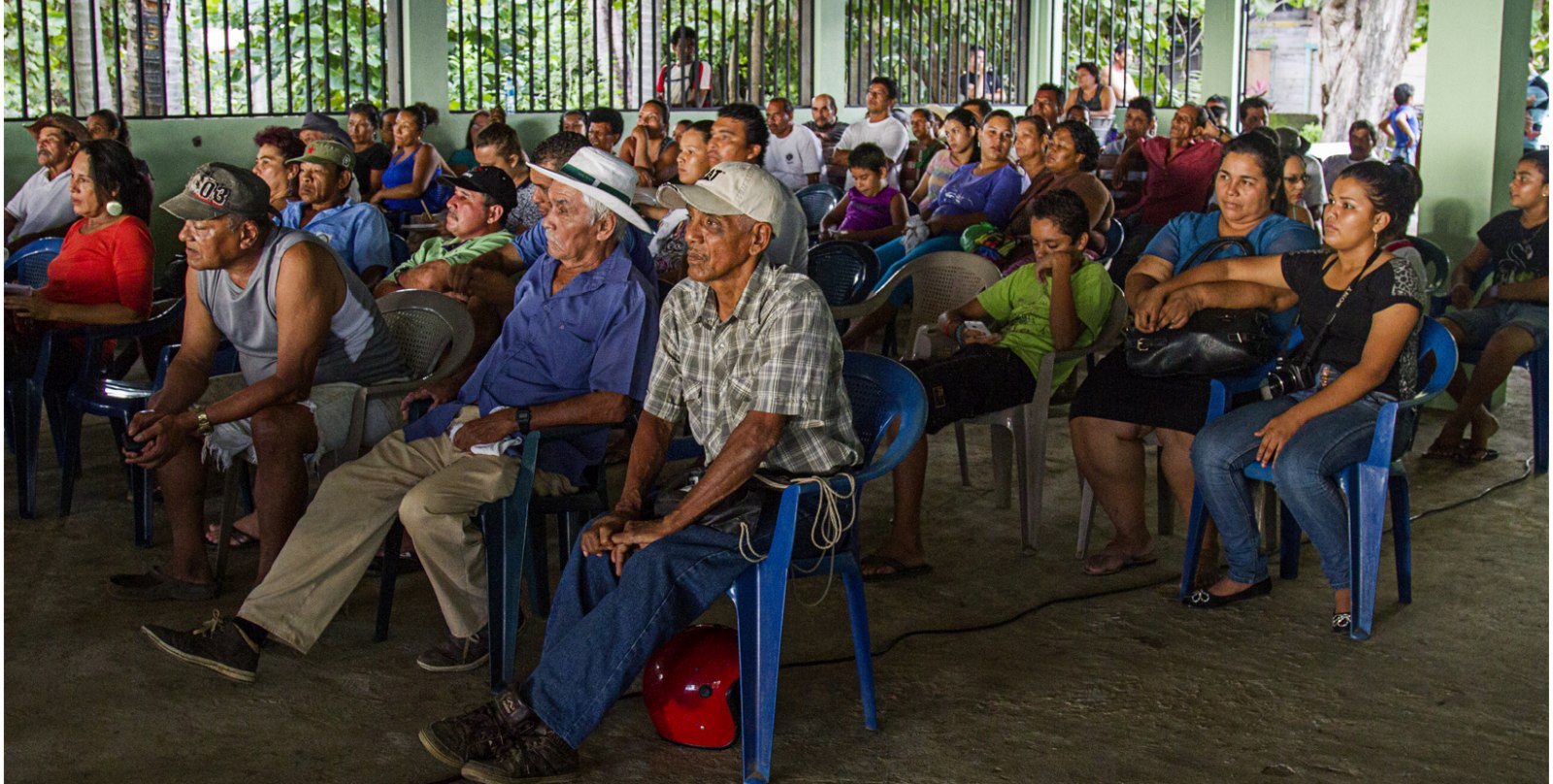
On the other hand, Julio Rojas explained that the National Liberation Party is not against the bill, but they do believe that adjustments are needed to make it legally viable.
“In the end, the assembly can approve any text, but the Constitutional Court can send it back down. That’s why we believe that the analysis that should be done should be to tailor the text to the point that it will stand up and we won’t have to start a new process that would take a number of years,” said the National Liberation legislator.
For members of the community of Ostional, the visit of the legislators gives hope for the approval of the law. For Magdalena Vega, president of the Integral Development Association of Ostional, her community is an example of conservation.
“We have [received] a word of encouragement that the project could be approved. If [the legislators] came from the capital to here, it is because they intend for us to be able to live in peace in Ostional, not to evict us. In Ostional, we are an example of conversation and harmony,” said the community leader.
Technical Support from MINAE
In addition to the legislators, the Vice Minister of the Ministry of Environment, Energy and Seas (MINAE), Fernando Mora, was at the meeting and explained that the ministry has supported the bill since the technical investigation.
“The idea is for this project to pass. The idea is that this conservation of the refuge be given along with the people, but with this understanding, the ministry has been giving its support from SINAC, and this positive endorsement of the work with the community to ensure that the project has the best results,” said the vice minister.
On October 8, the National System of Conservation Areas (SINAC) presented the General Management Plan for the Ostional National Wildlife Refuge, which established that the existing communities are consistent with the principles of conservation.
In 2010, former president Laura Chinchilla signed a moratorium on the evictions that had been ordered, postponing the removal of families from the coastal areas of the entire country.
The moratorium expired on September 30 and now the legislators and the president of the republic, Luis Guillermo Solis, must decide if the period of the moratorium should be extended or if they will pass the Coastal Communities Territories bill (TECOCOS) for the coastal areas of the country and the new Ostional Refuge Constitution in Coastal Territory bill, specifically created for this refuge.


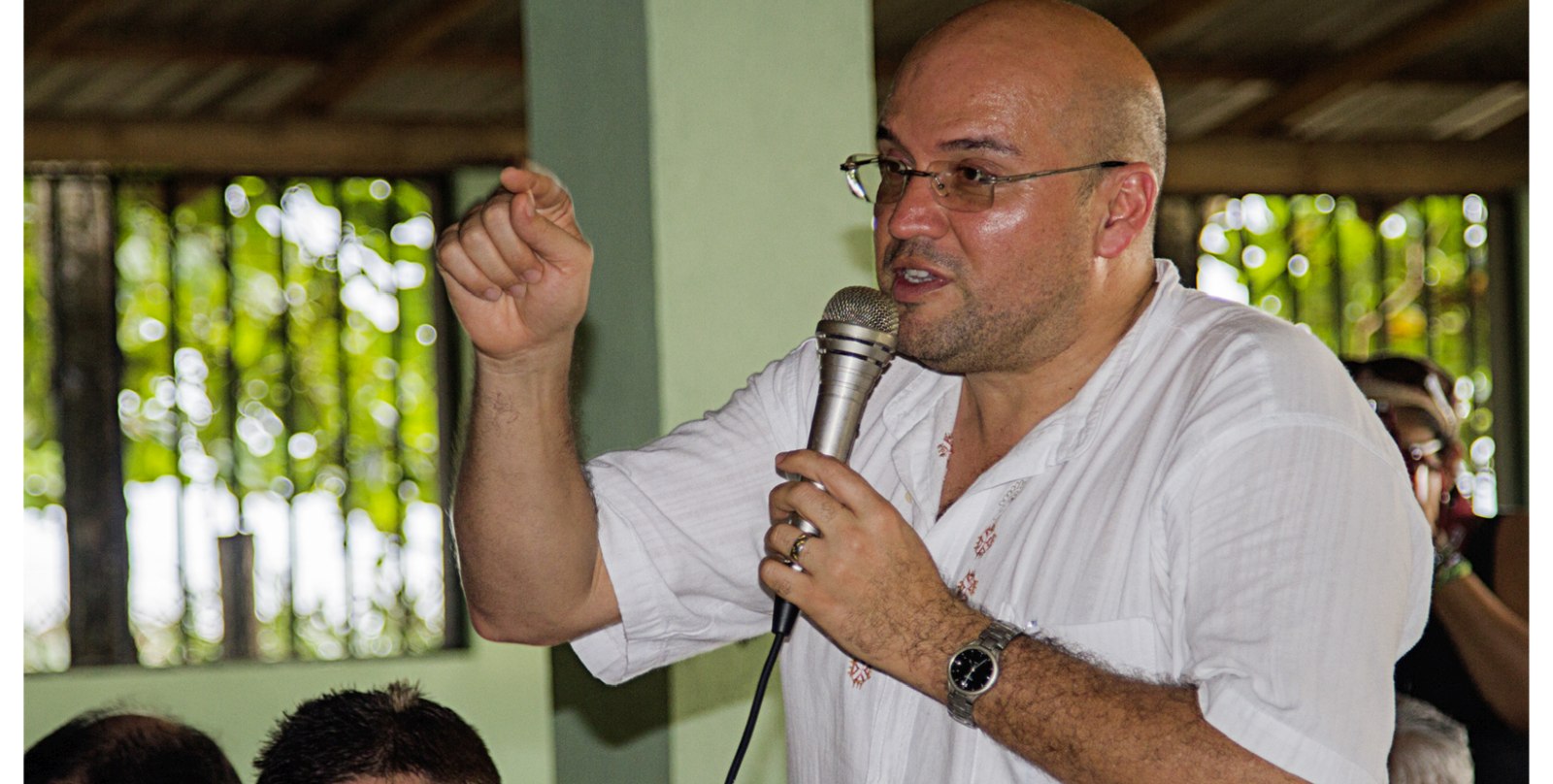
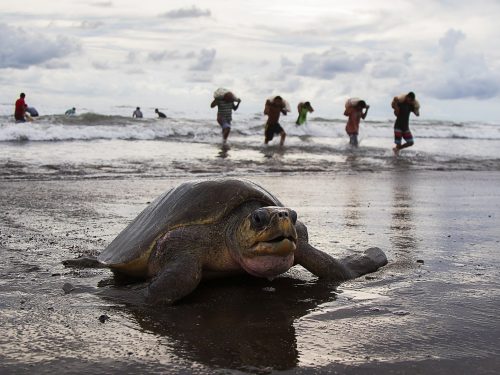
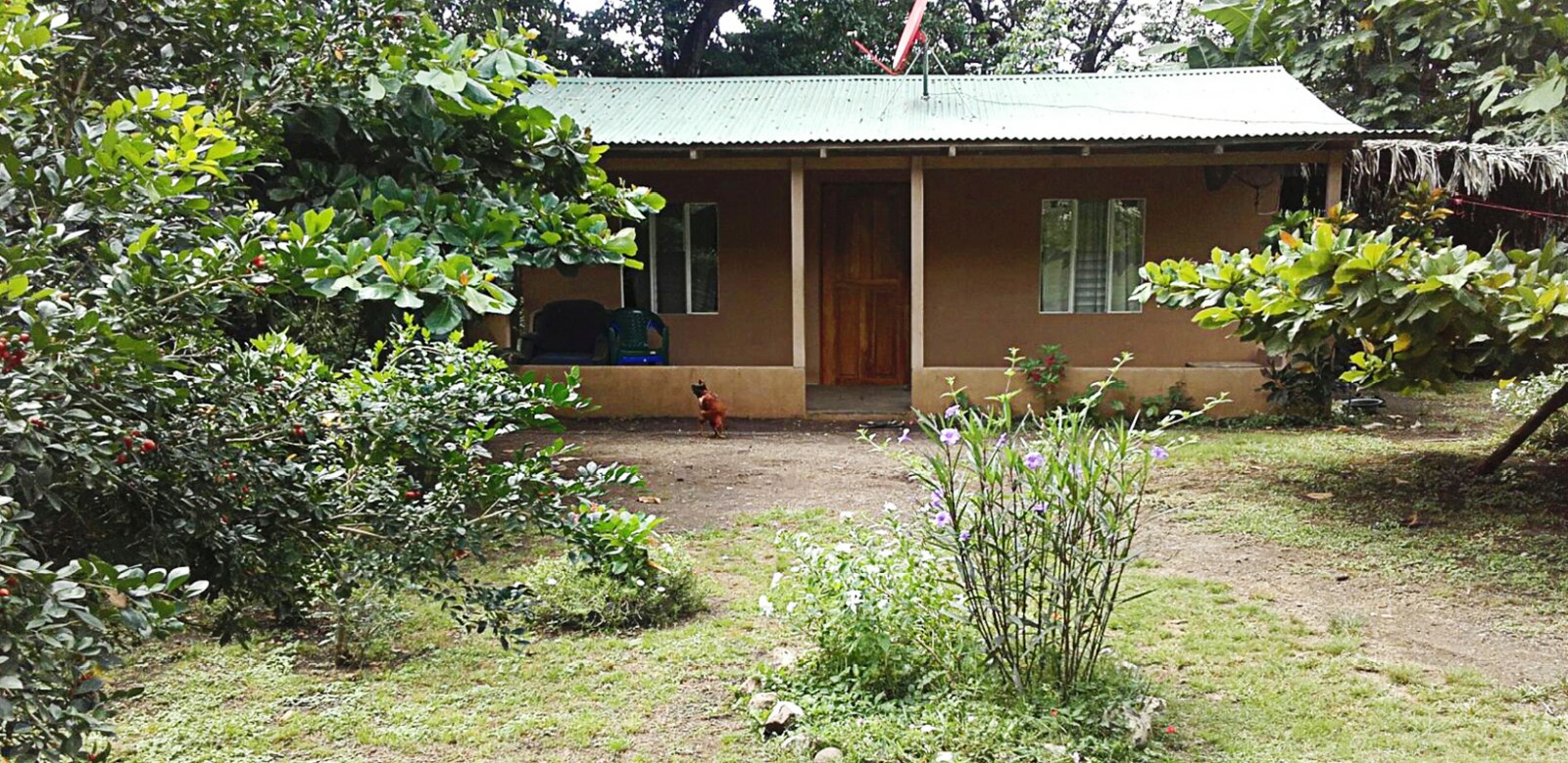
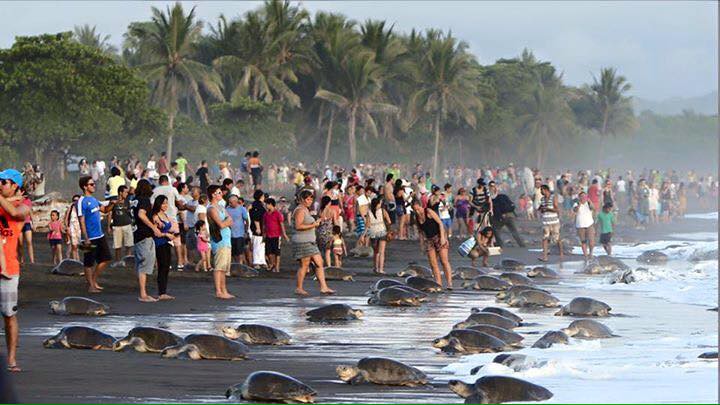

Comments